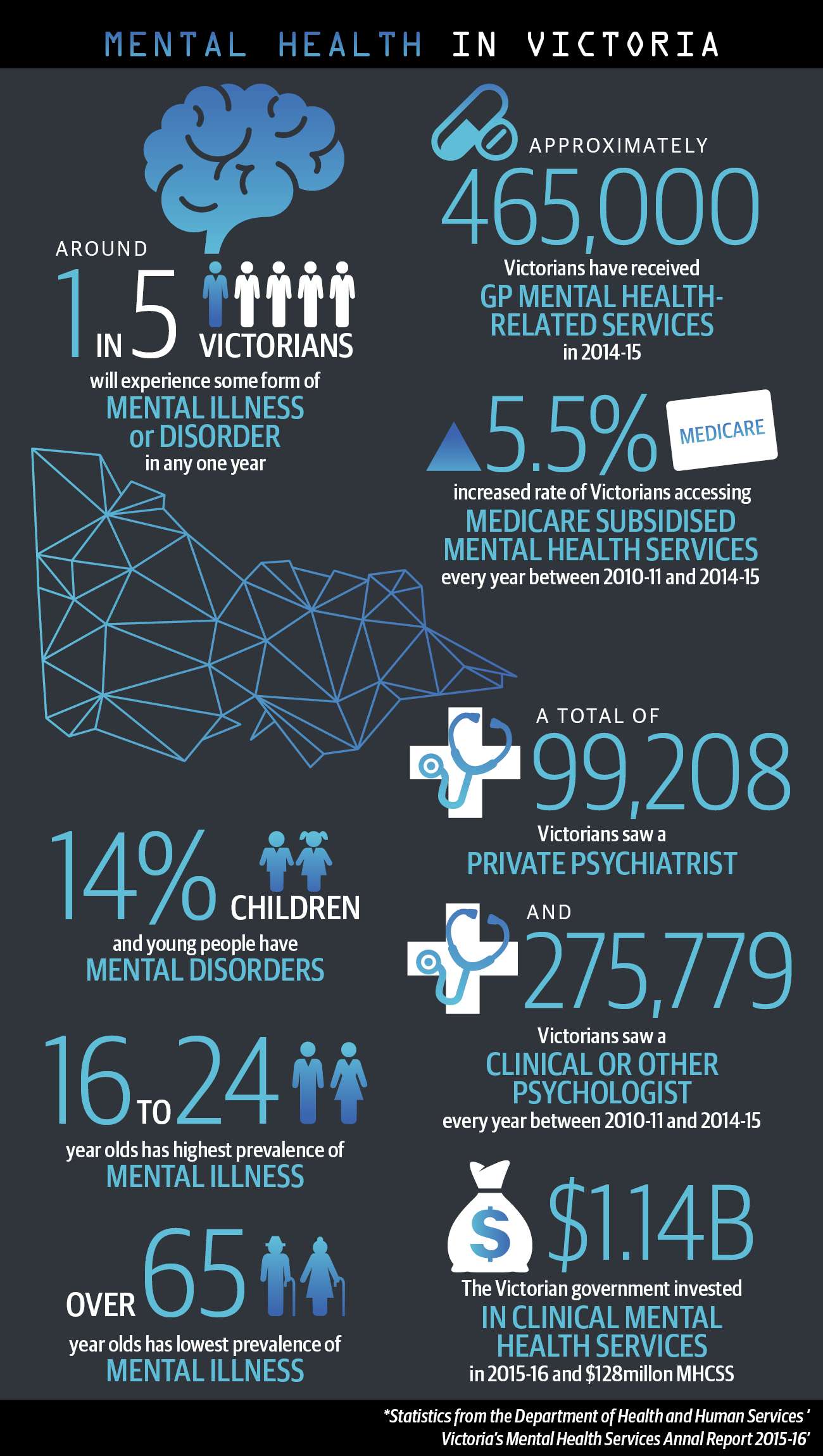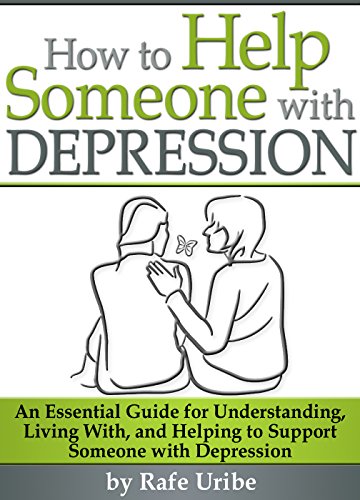
What is mental wellness? It is a state of physical, emotional, and cognitive well-being that affects our ability to cope with the demands of daily life. Psychologists and other professionals in the mental health field work to promote a healthy mind and promote the development of mental capacities. In a nutshell, mental health encompasses the prevention and treatment of mental disorders. These professionals are responsible of the definition of mental wellbeing.
Promoting mental wellbeing
The workplace can reap many benefits from improving staff mental wellbeing. Mental health is crucial to their productivity, and a culture of mental wellness is a key to attracting and retaining top talent. Negative workplace conditions are a common cause of burnout and can lead to resignation. Promote mental wellness within the workplace, offer employees opportunities to improve and reduce stress, and you can avoid this problem. Employee resource group are an excellent way to encourage mental wellbeing in the workplace.
Subdomains of mental wellbeing
Mental wellness is not only about the quality of your life but also includes many subdomains. Clients should feel better and have a better outlook on their mental health. The Social Emotional Health Survey-Secondary (SEHS-S) is a 36-item measure that assesses psychosocial assets. The SEHS S contains 12 subscales that assess the different aspects and dimensions of a client’s psychological, emotional,, and social wellbeing.

Early intervention
Employers, hospitals, and the public sector are all affected by failure to act quickly. One-third of all hospitalizations for mental disorders involve some sort of mental disorder. This is nearly $193 billion in lost earnings each year. Mental disorders are responsible for nearly one-in-eight hospitalizations. Hospitalizations for substance abuse disorders are twice the likely outcome. The greatest reason for early intervention is to reduce the cost of one's health.
Behavioral skills
The term "mental health" can seem vague but it encompasses a wide range psychological skills. Many of these skills can easily be improved by training. Counselors help patients determine their goals and design strategies to reach them. These strategies are designed to help people improve their communication skills and increase self-esteem. They also promote behavior change, mental health and better mental health. A situation in which someone is at risk of harming themselves or others can be called a crisis. A team of professionals who are trained to intervene in crisis situations can help stabilize moods and get the resources needed.
Flourishing
This book offers a complete assessment of flourishing mental health. It aims to identify positive characteristics and traits that can lead to greater wellbeing. A high level of positivity is also a key component to flourishing. It describes five basic qualities of flourishers as well as how to increase them in yourself. Begin by identifying what makes your heart happy. Not only are positive emotions essential to flourishing but they can also make your life more enjoyable.

Teams for crisis intervention
There is a growing need for crisis intervention groups to address substance use and mental illnesses. This is evident in all parts of the healthcare system. These teams are not equipped with the necessary expertise to deal with these situations, despite many benefits. These teams ultimately help prevent hospitalizations, criminal involvement and homelessness. They provide immediate assistance to individuals who do not have the resources or means to access the proper healthcare facilities. Mobile crisis response units should be linked to crisis refugee centers.
FAQ
What causes mental health problems in adolescents?
Adolescence allows us to begin to form our identities. We discover who and where we belong as individuals.
These times are also a good time to make new friendships or romantic connections. These experiences can cause stress.
Although stress is natural, it's important to seek treatment if you are experiencing excessive stress.
You might think you can handle things independently, but sometimes, you need someone else to talk to.
During times of stress, your family members and friends can be there for you. They can also teach you ways to manage stress.
You could try meditation or exercise. Both can help with stress reduction.
You could also join a church or sports team. You'll make new friends and meet new people.
What is the impact of mental health on our daily lives?
All people are affected by mental illness at some point in their lives. Mental illness is not something that people who are suffering from it don't seek treatment. Talk to someone when you feel that something isn't right. There are many methods to manage anxiety, depression, and stress. These include medication, therapy or exercise.
Why is mental well-being important?
Work, play. Learn. And love. Mental health refers only to our overall health. When we refer to mental health, we mean the physical, psychological and spiritual factors that have an impact on us every day. The good news is that there are many ways to care for yourself mentally, physically, emotionally, spiritually, socially, and environmentally. You don't have to do everything at once; just start somewhere!
Understanding where you are at the moment is the first step towards improving mental health. To find out if your support system is adequate, take this quiz. If you're not satisfied with your results, you might consider making lifestyle changes.
Let's say you got a high score. Congratulations! Here are some things you can do that will help improve and maintain your mental health.
-
Get Enough Sleep. Get enough sleep to keep your brain alert and stimulated. The American Academy of Pediatrics (AAP), recommends that children get 7 to 8 hours of sleep per night.
-
Exercise Regularly. Exercise releases endorphins that make you feel happy. Five times per week, aim for 30 minutes of exercise.
How do you know if you have a mental illness?
An individual may be diagnosed if they experience symptoms that disrupt their daily activities. Symptoms of mental illnesses vary from person to person. The most common symptoms are: sadness, anxiety, guilt, hopelessness, loneliness, depressed and confused, worthless or guilty, suicidal thoughts, and feeling sad.
A person could also be diagnosed if they meet any of the following criteria:
-
Disturbed thoughts or feelings
-
Disturbed behavior
-
Disturbance in functioning
-
Ability to communicate with others impaired
Statistics
- More than 40 million adults in the United States have an anxiety disorder, but less than 37% of people seek mental health treatment for their symptoms. (talkspace.com)
- More than 50% will be diagnosed with a mental illness or disorder at some point in their lifetime.3 (cdc.gov)
- Appropriate nutrition and exercise are likely among the most efficacious and cost-effective positive mental health interventions. (ncbi.nlm.nih.gov)
- According to the National Alliance of Mental Illness (NAMI), one in five Americans experiences mental health issues which translates to more than 40 million adults a year. (doctorondemand.com)
- In any given year, an estimated 18.1% (43.6 million) of U.S. adults ages 18 years or older suffered from any mental illness, and 4.2% (9.8 million) (healthypeople.gov)
External Links
How To
What are the Key Factors that Make Mental Health Vital?
Mental health refers the state of your mind, and emotional well-being. It influences how you think, feel, act, relate, relate, sleep and eat.
Everyone should be concerned about mental health. However, when we speak of mental health we often refer to it as depression. Depression is a serious illness that affects millions of Americans every year.
The term clinical depression is used to describe depression. It requires treatment by a physician. However, there are many forms and severity levels of depression.
Depression is defined by the National Institute of Mental Health as "a common disorder characterised by a depressed state that lasts for most of the day," loss of interest or pleasure in almost every activity, guilt or low selfworth, disturbed sleep and appetite, poor concentration, and thoughts of suicide.
People experience depression in various ways. People may feel sad, helpless, irritable and anxious. They might also feel worthless, guilt, worthless or tired. Others may feel empty and unmotivated. Some may feel nothing.
Depression can be treated. There are many treatments for depression, including medication, psychotherapy as well as diet and lifestyle modifications that can help. If left untreated, however, depression can cause problems at home, school, work, and in relationships.
Depression is more common in women than it is in men, but both men and women are affected. Depression is the leading cause for disability worldwide in men and women aged 15-44 years.